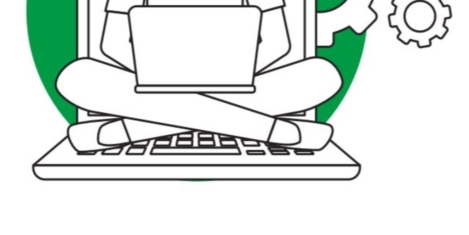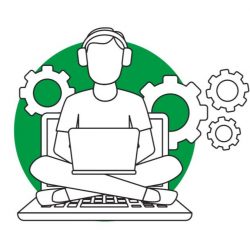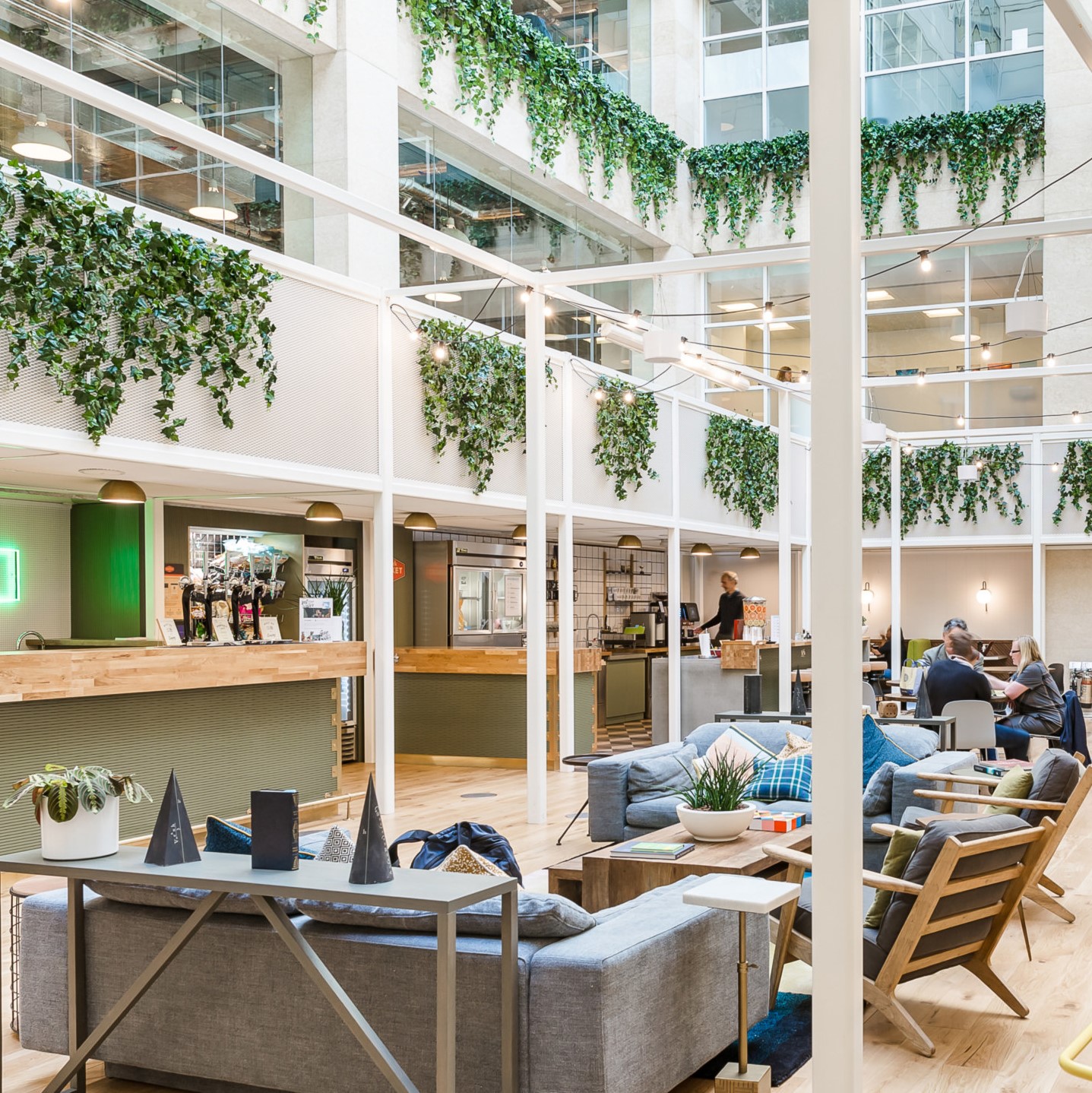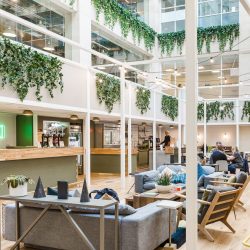To provide the best experiences, we use technologies like cookies to store and/or access device information. Consenting to these technologies will allow us to process data such as browsing behaviour or unique IDs on this site. Not consenting or withdrawing consent, may adversely affect certain features and functions.
The technical storage or access is strictly necessary for the legitimate purpose of enabling the use of a specific service explicitly requested by the subscriber or user, or for the sole purpose of carrying out the transmission of a communication over an electronic communications network.
The technical storage or access is necessary for the legitimate purpose of storing preferences that are not requested by the subscriber or user.
The technical storage or access that is used exclusively for statistical purposes.
The technical storage or access that is used exclusively for anonymous statistical purposes. Without a subpoena, voluntary compliance on the part of your Internet Service Provider, or additional records from a third party, information stored or retrieved for this purpose alone cannot usually be used to identify you.
The technical storage or access is required to create user profiles to send advertising, or to track the user on a website or across several websites for similar marketing purposes.
 According to a survey of employees, most people are unhappy and dissatisfied in our jobs and almost half struggle to get out of bed in the morning to go to work. The survey by Personal Group, a provider of human resources services, claims that there has been a 20 percent drop in workplace happiness over the past three years. Today, only 41 percent of the workforce are happy most of the time at work, down from 43 percent in 2018 and 51 percent in 2017. (more…)
According to a survey of employees, most people are unhappy and dissatisfied in our jobs and almost half struggle to get out of bed in the morning to go to work. The survey by Personal Group, a provider of human resources services, claims that there has been a 20 percent drop in workplace happiness over the past three years. Today, only 41 percent of the workforce are happy most of the time at work, down from 43 percent in 2018 and 51 percent in 2017. (more…)












 Today, the
Today, the 












 HP has published a new study underscoring the importance of sustainable business practices in recruiting, hiring and retaining top talent. It suggests that employees are more productive, motivated and engaged when working for an employer who is leading the charge in social responsibility. The global, 20,000-participant
HP has published a new study underscoring the importance of sustainable business practices in recruiting, hiring and retaining top talent. It suggests that employees are more productive, motivated and engaged when working for an employer who is leading the charge in social responsibility. The global, 20,000-participant 









